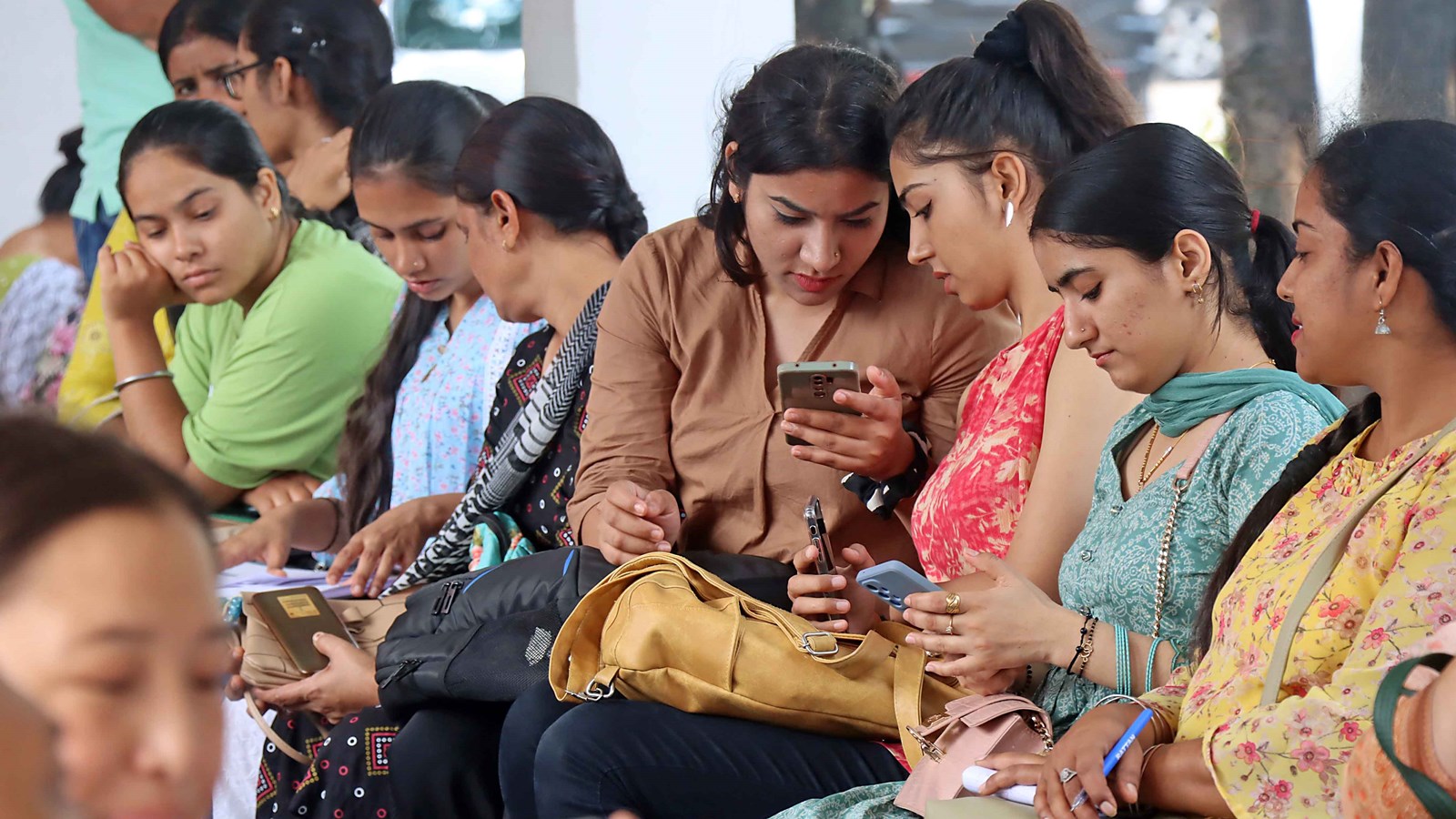Three UPSC aspirants died last month as the result of a building code violation in a coaching centre in Delhi. A large number of students have committed suicide over the last five years in different coaching centres across the country. The coaching industry, which generates a revenue of several thousand crore annually, with an annual growth rate of 7-10 per cent, has taken the lives of our children in one way or another.
Guidelines for the regulation of coaching centres have been issued periodically, the latest just a few months ago. The government of India, the Supreme Court, high courts, Ministry of Education and citizen pressure groups continue to either release directives or voice their concerns, and yet parents and coaching centres circumvent these regulations and our young become fodder for these tutoring machines.
As a society, we love ratings, marks, grades, percentages, measurements. We quantify and qualify everyone and everything. Guarantees and warranties of products obsess us, perhaps because we believe that we must get the product that we deserve.
Education has become the product of a multi-million dollar coaching industry. Our country has got addicted to coaching and has no intention of humanising the system. Seats in professional institutions are too few and the rewards for getting in are great. The average expenditure of a child on coaching is more than the fees at a good private school. Parents sometimes are not prepared to pay the latter, but are ready to spend thousands on after-school tutoring.
Coaching centres employ marketing strategies that promise to teach lessons that children have yet to learn in school. Tapping into the anxiety and desires of parents and children, creating the fear of missing out on some imaginary livelihood success is how this market controls people.
The number of students attending these classes has grown exponentially. However, their results in entrance tests and board exams remain the same. Coaching centres are involved with a great deal of spoon-feeding, where students do not think for themselves.The teaching style is one of creating fear of failure and exploiting it.
Ministry guidelines for coaching institutes are supposed to align with the key tenets of the National Education Policy, which mandates safe and sufficient infrastructure, student-centric classes, ethical code of conduct, student aptitude, interest, accessibility and mental health awareness. This subtext does not exist in any coaching centre, because the aim of the centre is to make money, cram information and pack the batch off and start a fresh one with great speed. Strangely, there is no check on what coaching institutes offer whereas the amount of red tape involved in opening schools and colleges is phenomenal and the regulations are very strict.
If the NEP is to succeed then coaching centres should not have a place in education. Reforms must target not just the symptoms of the dysfunction but also the causes. Perhaps the schools are also to blame. Many teachers who don’t make any effort in school tend to work harder in a coaching class than in a routine classroom. Students feel less engaged in the classroom because they feel real learning happens in coaching classes, whereas the school is a place for socialising and de-stressing. A rigorous evaluation system is needed to assess teachers and principals, which includes opinion surveys by students, parents and peers and gives additional training for low-scoring staff.
Can the education policy look at a system where coaching and schooling do not exist in two different silos? Can they be merged in a manner where the school provides specific skills to explore the potential of an individual in the area of his or her choice and train them for entrance exams? This will add variety to the learning activities that a child can access, from mathematics to Bharatanatyam to football.
Parents should allow children to grow organically. Society needs not just doctors and engineers, but also teachers, artists, dancers, chefs, architects, administrative officers.
Can governments summon the will to change school practices and enable the personal growth of the next generation? As humanity moves towards the mid-21st century, we face profound, specific challenges. Isn’t it time to recast the purpose of education and link it back to human flourishing?
Education for human flourishing will not replace the learning we have today. It will nurture in every child a suite of distinctive human intelligences, which will equip them to flourish not only as individuals but also to contribute to flourishing societies and economies, in balance with the planet.
This learning cannot be found in after-school tuition shops. It is the school that looks at the whole child.
As we face an increasingly fragile future, the answer is not to do better at what we have done before. We have to do something new. As H G Wells said, human history is a “race between education and catastrophe”.
The writer is chairperson and Executive Director Education, Innovations and Training, DLF Schools and Scholarship Programmes



